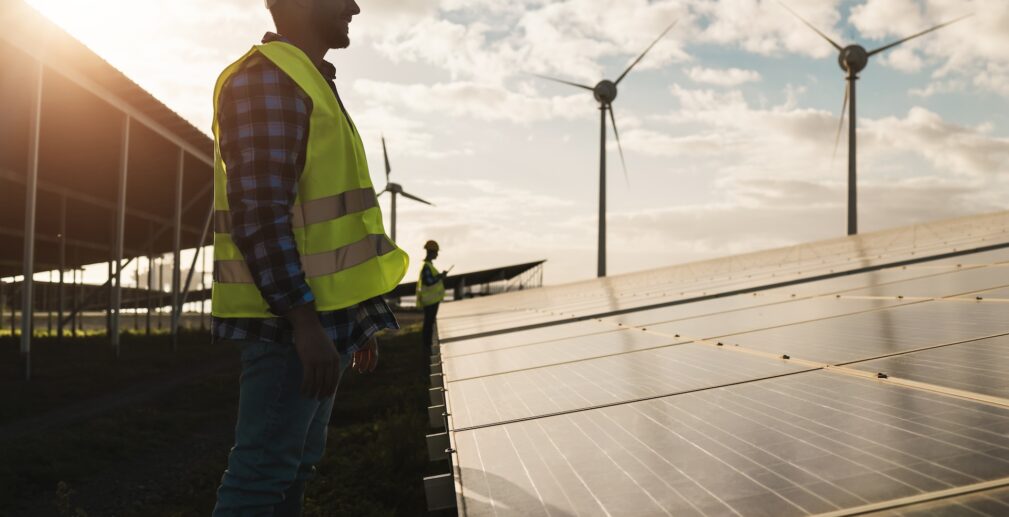By admin
Europe Achieves Milestone in Renewable Energy Transition
In 2024, Europe reached a significant milestone in its renewable energy journey, with clean energy sources accounting for nearly 40% of total electricity generation across the European Union. This achievement highlights the continent’s dedication to reducing carbon emissions and transitioning to a more sustainable energy system. Wind energy emerged as the leading contributor, generating 22% of electricity, while solar power followed with 12%, marking consistent growth in these sectors over the past decade.
Germany, Spain, and Denmark are at the forefront of this transformation. Germany has doubled its solar installations in the past five years, with the government incentivizing rooftop solar for households and industries. Spain has become a global leader in wind energy production, leveraging its vast open spaces and favorable weather conditions to establish some of the largest wind farms in the world. Denmark, already a pioneer in wind energy, is now focusing on developing offshore wind farms to further bolster its renewable energy output.
To support this transition, the European Commission has introduced new policies under the Green Deal framework. These include financial incentives for renewable energy projects, streamlined regulations for grid expansions, and a comprehensive plan to integrate hydrogen into the energy system. Hydrogen, seen as a complementary energy carrier, is being prioritized for sectors that are challenging to electrify, such as heavy industry and long-haul transportation.
Despite these advancements, the road to a fully renewable energy system is not without challenges. A major point of contention within the EU is the role of nuclear energy in achieving the newly proposed target of 42.5% renewables by 2030. France, a staunch advocate of nuclear power, argues that it is essential for maintaining energy stability and meeting climate goals. However, countries like Germany and Austria oppose this, calling for an exclusive focus on wind, solar, and other renewable sources.

The European Commission remains optimistic, stating that the bloc is on track to meet its interim climate targets for 2030. To overcome grid reliability challenges, the EU is investing in cross-border electricity interconnections and advanced energy storage systems. These efforts aim to create a unified European energy market that can handle fluctuations in renewable energy supply while ensuring affordable and reliable electricity for all member states.







